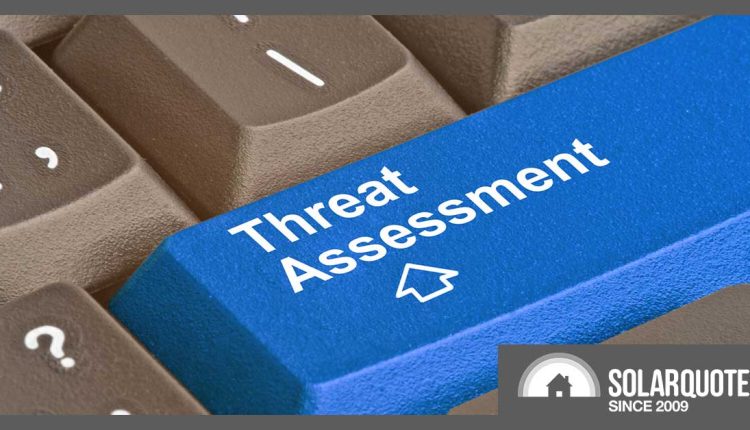Ausgrid Highlights Multi-Billion-Dollar Cyber Risks In Solar And Battery Tech
The proliferation of grid-connected household solar PV/inverter systems poses a potential cyber-security risk, electricity providers have warned the federal government. Ausgrid has raised the spectre of multi-billion daily costs in the event of a serious cyber attack on its infrastructure.
Last week, the Department of Home Affairs made public more than 200 submissions to the federal government’s Cyber Security Strategy 2023-2030 Discussion Paper, revealing the security concerns of the energy sector.
The Australian Energy Market Operator summarised the problem in this submission (pdf):
“End-use consumer uptake of digitally connected devices that are expected to play a critical role in energy security and reliability, introduce additional cyber security risks into the supply chain.
“The risk of contagion from a cyber security event within a sector and across sectors needs to be continually assessed given its evolving nature.”
In this submission (pdf), DNSP1 Ausgrid laid out a stark warning of the cost, in the event that the worst happened.
“A cyber-attack on our network, even for a few hours, would severely disrupt lives and livelihoods.
“In the worst possible case, the economic impact from a complete shutdown of our infrastructure may be as high as $120 million per hour or over $2.9 billion per day.”
Ausgrid noted it is currently seeking Australian Energy Regulator approval to expand its cyber security spend.
“We would also welcome further engagement with the Board and the Department about our plans to invest $91 million in strengthening our cyber security protections over a five-year period beginning in FY25.”
One of the risks, Ausgrid said, is the “influx of customer-owned energy devices connecting to electricity networks”.
“These devices potentially provide millions of entry points for cyber threats to infiltrate electricity networks and disrupt the supply of energy to customers,” the submission stated.
Ausgrid said it would support a government-endorsed list of approved devices or appliances, as “an independent source for verifying the suitability of devices and appliances.”
Related: Are Chinese Solar Inverters A Security Risk?



Comments are closed.